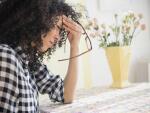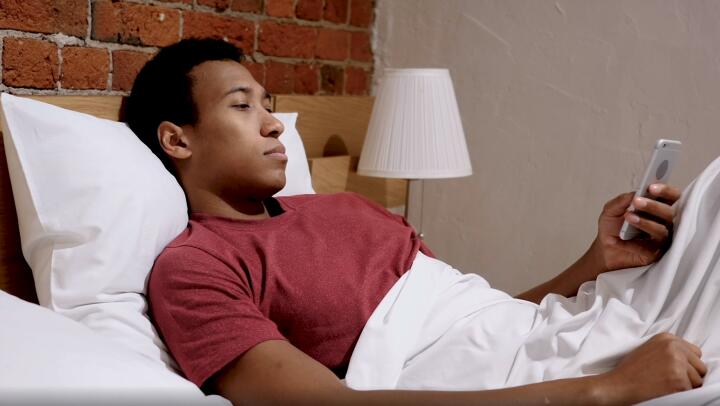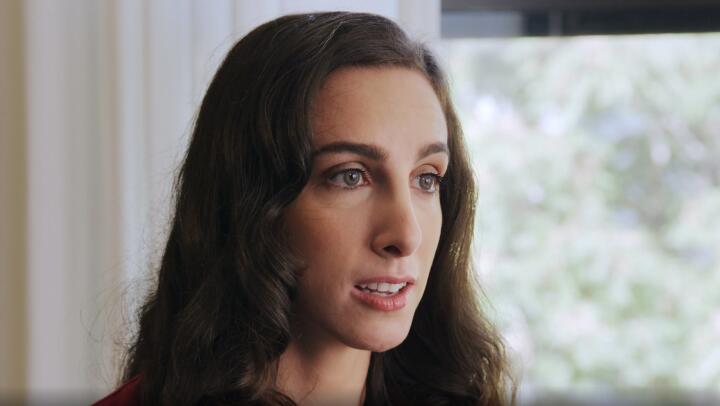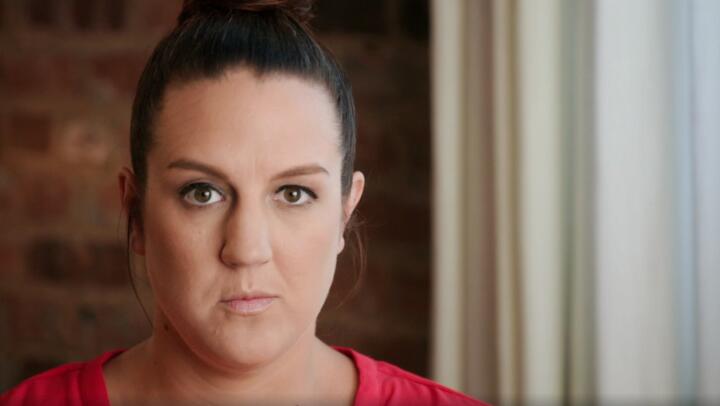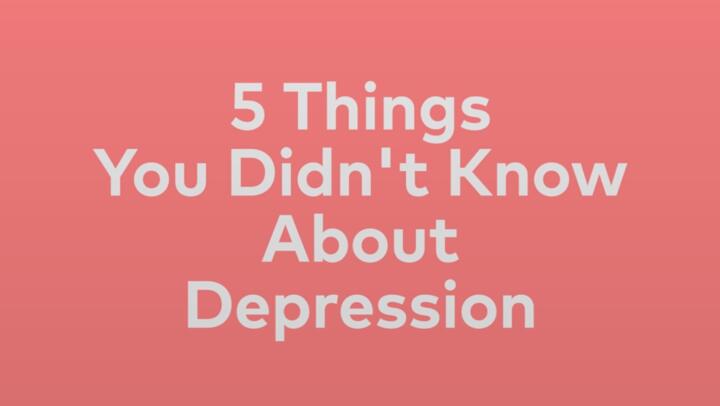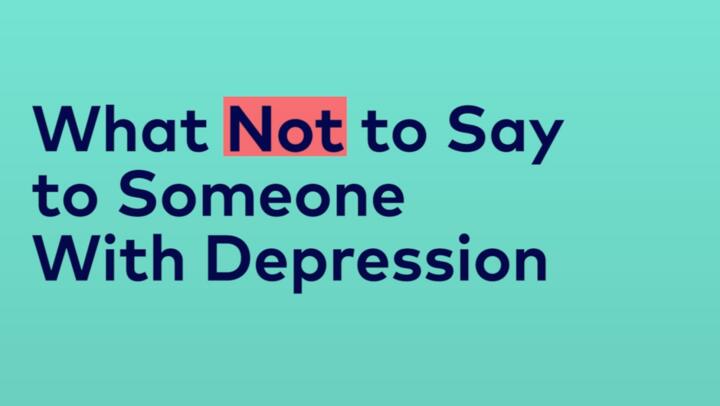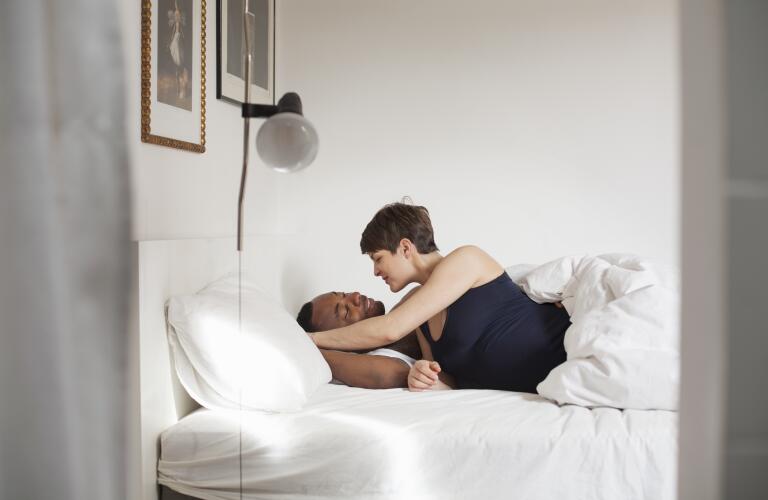
When you’ve been living with depression, medication can bring a welcome relief from symptoms. Though antidepressants are a very effective option, they can cause side effects for both men and women, such as a loss of desire and difficulty having an orgasm. The severity of these side effects varies from person to person. If your depression medication is affecting your sex life, don’t just stop taking it, as your depression could come back. There are a few other things you can try, with your doctor’s help.
Depression can impact your sexual health with or without treatment. An estimated 50 to 70% of people with untreated major depression have sexual problems. For some, the right depression treatment can improve any sexual dysfunction. But in many cases, the drugs used to treat depression can interfere with a healthy sex life.
Selective serotonin reuptake inhibitors (SSRIs) are the depression medications most likely to cause sexual problems. Serotonin and norepinephrine reuptake inhibitors (SNRIs), tricyclic antidepressants, and monoamine oxidase inhibitors (MAOIs) can also have a negative impact.
These medications can affect your desire to have sex, and your ability to get aroused and reach orgasm. Men may have trouble getting an erection while taking antidepressants.
The severity of these depression medication side effects varies from person to person. They can be so mild that you don’t notice them, or severe enough to ruin your sex life.
The goal in treating your depression is to relieve symptoms such as sadness and irritability without affecting your sex life. Your doctor can help you fine-tune your treatment to get the right balance.
You might try one of these depression treatments that is less likely to cause sexual side effects:
- Bupropion (Wellbutrin SR, Wellbutrin XL)
- Mirtazapine (Remeron)
- Vilazodone (Viibryd)
- Vortioxetine (Trintellix)
Or you might lower the dose of the medication you’re currently on. Don’t make any changes to your treatment regimen without first checking with your doctor. Dropping the dose or stopping your medication could cause your symptoms to come back or worsen. Sometimes, adding another depression medication, such as bupropion or buspirone (BuSpar), to an SSRI can help to improve desire. Men might try an erectile dysfunction drug such as sildenafil (Viagra) or tadalafil (Cialis) to prevent erection problems.
Depression medication side effects may be most pronounced at certain times of the day. If you find you have a lower libido in the evening, for example, try to take your antidepressant in the morning. Or, have sex when you know you’ll have the easiest time getting aroused. Scheduling sex at specific times during the week can also be helpful.
Some couples find that trying something different helps. Introduce new accessories into the bedroom, such as a vibrator or feathers, for more stimulation. Or touch each other in ways you’ve never tried.
Some other simple strategies may help, too. Regular aerobic exercise both reduces depression symptoms and increases arousal. A daily walk or bike ride might help to counteract depression medication side effects.
The link between depression and your sex life is complex. If you find that sexual side effects are negatively affecting your relationship, talk to a mental health provider or sex therapist. You can learn tips and tools to help you communicate better as a couple, as well as new ways to improve intimacy.
If sexual side effects don’t go away, you may be tempted to go off your antidepressant, but stopping could lead to your symptoms coming back. Try to be patient, keeping in mind that depression medication side effects often improve with time. Your body should eventually get used to the drug. If you can tolerate the side effects for a few weeks, they may resolve without you having to do anything. But if sexual side effects don’t get better and they’re intolerable, it’s time to ask your doctor about other treatments to manage your depression.




